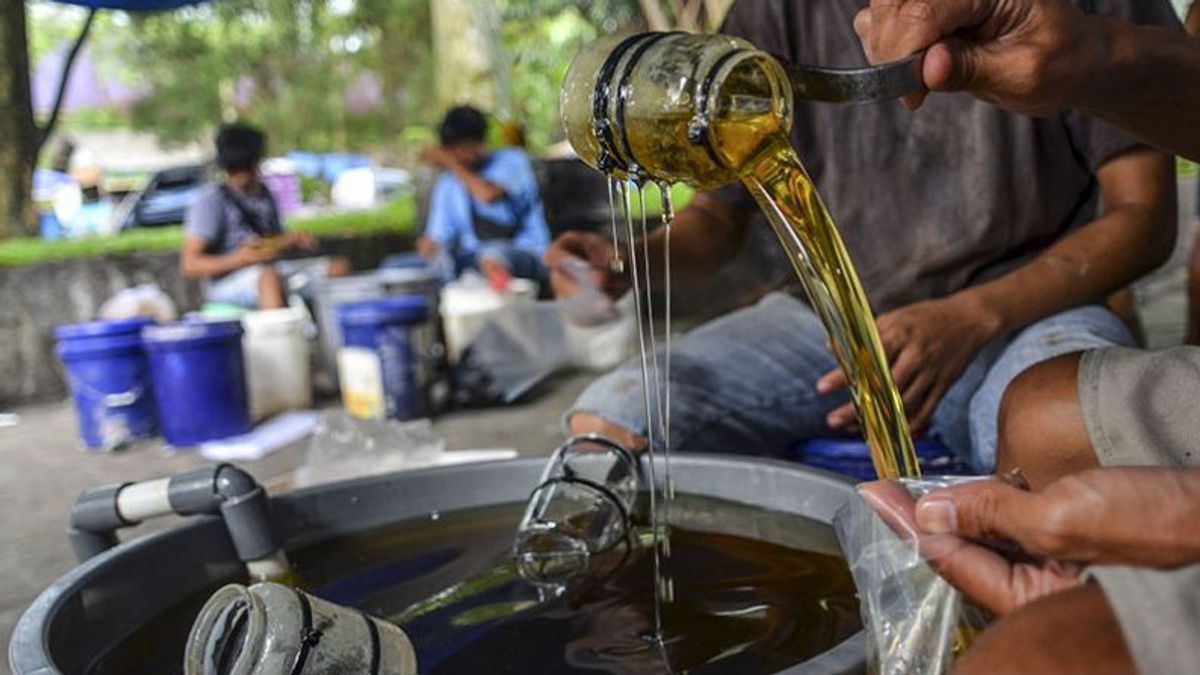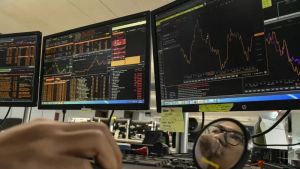JAKARTA - Cooking oil is now a food commodity that consumes the most public energy. The reason is that price fluctuations cause this palm oil derivative product to shift beef and chili, which are usually commodities with a big contribution to price increases.
In fact, there is no problem with production considering that Indonesia is the world's largest palm oil producer. In fact, the level of production exceeds the need for national consumption. For this reason, Indonesia has thrown a lot of palm products to foreign markets.
This scheme ran without a hitch until finally there was a price spike that soared overseas. The difference in selling value with Indonesia makes entrepreneurs prefer to throw their products abroad.
This situation is then believed to be a source of uncertainty in cooking oil prices in the national market. When viewed from the scale of production, the cooking oil business is actually only held by a few big business actors.
Who are the big bohirs from the cooking oil business? The following is a summary of the editorial for readers.
1. Anthony SalimEveryone seems to agree that Indofood is the largest food processing business entity. The corporation, which is fronted by conglomerate Anthony Salim, is considered to have entered all segments of consumption commodities, including the cooking oil business.
Based on the data collected, Indofood is said to own PT Perkebunan London Sumatra Indonesia Tbk. (LSIP) and PT Salim Ivomas Pratama Tbk. (SIMP) as a company that directly handles the palm oil business.
LSIP has 115,000 hectares of core planting area with a production capacity of 2.6 million tons of fresh fruit bunches (FFB). Meanwhile, SIMP has around 300,000 hectares of planted land that can produce 7 million tons of FFB.
2. Martua SitorusThrough the Wilmar flag, Martua Sitorus established himself as an important entrepreneur in the palm oil sector. He said, since its establishment, the company has controlled up to 350,000 hectares of productive land.
This also made Martua Sitorus' coffers thicker. According to Forbes, the Wilmar boss' wealth has touched US$2 billion or equivalent to Rp28.2 trillion.
3. Sukanto TanotoRaja Garuda boss Mas Sukanto Tanoto owns the palm oil business through Asian Agri. This business entity manages 21 factories with production of more than 1.1 million metric tons of crude palm oil (CPO). Sukanto Tanoto also has an important business, namely the wood and paper processing business through Asia Pacific Resources International Holding Ltd. (ARIL).
4. Widjaja's familyPT Sinar Mas Agro Resources and Technology Tbk. (SMAR) is a corporation that is part of the Sinarmas Group, the start-up of Eka Tjipta Widjaja. Through SMAR, the Widjaja family has become one of the major producers of cooking oil in Indonesia.
Meanwhile, the most famous products are Filma and Kunci Mas. Furthermore, Sinar Mas Agro is known to have around 138,000 hectares of productive land and operates 16 palm oil mills, 4 palm kernel processing plants and 4 refineries in Indonesia.
5. Ciliandra FangionoThe CEO of First Resources Ltd has controlled hundreds of thousands of productive palm oil fields in Indonesia since two decades ago. From this effort, Ciliandra is also listed as one of the richest people in Indonesia with an estimated assets of 1 billion US dollars. Most of First Resources' oil palm plantations are located in Kalimantan and Sumatra.
The English, Chinese, Japanese, Arabic, and French versions are automatically generated by the AI. So there may still be inaccuracies in translating, please always see Indonesian as our main language. (system supported by DigitalSiber.id)













